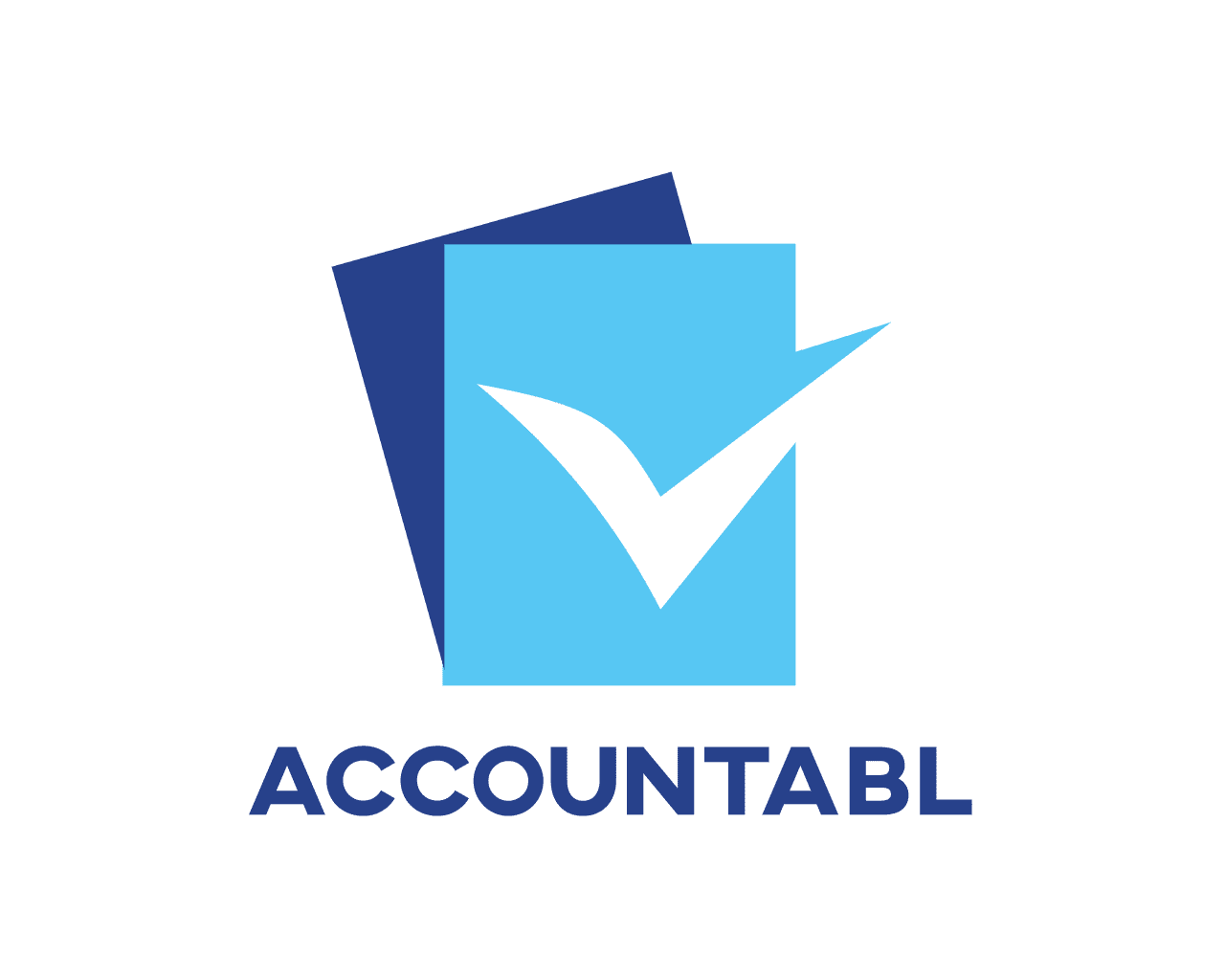
As more Americans discover Kenya's vibrant business landscape, many are taking the leap to start businesses here. This guide walks you through the essential considerations and practical steps for bootstrapping your business in Kenya, with a focus on navigating the financial and regulatory environment successfully.
Understanding the Kenyan Business Environment
Cultural Context
Understanding Kenya's business culture is essential for American entrepreneurs. Unlike the often transactional nature of U.S. business relationships, Kenyan business culture is deeply rooted in personal connections and trust. Success here depends heavily on building genuine relationships with partners, clients, and suppliers before diving into business matters.
While the U.S. increasingly embraces digital communication, Kenyans strongly prefer face-to-face meetings to establish and maintain business relationships. Even in today's digital age, many important deals and partnerships are forged in person over coffee or lunch rather than through emails or video calls. This personal touch extends to everyday business operations, where building rapport is often as important as the business discussion itself.
Time management in Kenya also follows different cultural norms than in the U.S. While Americans typically adhere to strict scheduling and punctuality, Kenyan business culture tends to be more flexible. Meetings might start later than scheduled, and discussions often take longer as relationship-building is woven into business conversations. Understanding and adapting to this different pace is crucial for maintaining good relationships with local partners and clients.
Perhaps most importantly, success in Kenya's business environment relies heavily on building and maintaining local networks. These networks not only provide business opportunities but also offer valuable insights into navigating local markets, understanding unwritten rules, and accessing resources. Whether through industry associations, business groups, or social connections, investing time in network building is as crucial as investing capital in your business.
Market Differences from the US
Legal and Administrative Setup
Essential Registrations
The registration process involves several essential certificates and permits. You'll start with obtaining a Business Registration Certificate, followed by a PIN Certificate, which serves as your tax identification number. Local operations require a Business Permit from your County Government, and you'll need a Tax Compliance Certificate to demonstrate your good standing with revenue authorities. Additionally, if you plan to hire employees, you must register for both Social Security (NSSF) and the Social Health Authority (SHA) programs – these are mandatory requirements for all employers in Kenya.
Financial Management Essentials
Record Keeping
Navigating Common Challenges
The transition to Kenya's business environment presents several key challenges for American entrepreneurs. One of the most significant is adapting to the local tax system, which differs substantially from the U.S. tax code. Success often depends on partnering with local tax experts during the initial setup phase and implementing compliant accounting systems from day one. Many businesses find that automated tax calculation and filing tools, combined with managed tax services for more complex requirements, help them navigate this challenge effectively.
Another major hurdle is managing the various regulatory requirements from multiple government agencies. Each agency has its own reporting schedules and compliance requirements, creating a complex web of obligations. Successful businesses typically address this by creating comprehensive compliance calendars and implementing integrated management systems. Many entrepreneurs find that setting up automatic reminders for deadlines and outsourcing compliance management to local experts allows them to focus on growing their business rather than getting bogged down in regulatory details.
Financial record keeping presents its own unique challenges, as Kenya's requirements differ significantly from U.S. standards. The solution typically involves implementing locally compliant accounting software that integrates seamlessly with Kenyan tax systems while maintaining records that satisfy both local and U.S. requirements. Automated reconciliation tools have proven invaluable for businesses managing this dual compliance burden.
Understanding the Financial Investment
Starting a business in Kenya requires careful financial planning. Initial setup costs typically range from modest to moderate, with business registration running between $200-500, permits and licenses costing $300-1000, and professional services requiring $500-2000. Banking setup is relatively affordable at $100-300, while accounting software subscriptions usually run $50-200 monthly.
Ongoing operational costs include tax compliance services ($100-500 monthly), bookkeeping services ($200-1000 monthly), banking fees ($20-100 monthly), and regular regulatory filings ($50-200 monthly). These costs can vary significantly based on your business size and complexity.
Cost-Effective Strategies
Successful businesses in Kenya often adopt a digital-first approach to optimize costs and efficiency. This includes leveraging cloud-based services, implementing automated systems early, and fully utilizing mobile money transactions. A proactive compliance strategy is equally important – staying ahead of filing deadlines avoids costly penalties, while maintaining proper records from day one prevents expensive cleanup efforts later.
When it comes to professional services, smart entrepreneurs look for ways to bundle services for better rates and often opt for annual contracts that offer better value. Using technology effectively can significantly reduce the hours needed for professional services, leading to substantial cost savings.
Essential Business Infrastructure
A robust technology stack is crucial for success in Kenya's business environment. Essential tools include accounting software with KRA integration, an Electronic Tax Register (ETR) device for tax compliance, mobile money integration tools, and a reliable document management system. Depending on your business needs, you might also benefit from inventory management systems, customer relationship management (CRM) software, HR and payroll management tools, and business intelligence platforms.
Getting Started
The path to establishing your business in Kenya follows three main phases. The pre-entry phase focuses on foundational elements: conducting market research, preparing your business plan, arranging initial capital, selecting professional service providers, and preparing necessary documentation. The setup phase involves the actual business registration, tax registration, bank account setup, and implementation of compliance systems. Finally, the operational phase encompasses setting up accounting systems, establishing tax filing procedures, implementing record keeping systems, and maintaining regular compliance checks.
Support Network
Success in Kenya's business environment often depends on knowing where to find support. Key government agencies include the Kenya Revenue Authority (KRA), which oversees tax matters, the Business Registration Service for company registration, and various County Government offices for local permits and licenses. Additionally, a network of professional service providers – including business advisory firms, tax management services, accounting experts, and financial management platforms – can provide crucial support for navigating the local business landscape.
This comprehensive support ecosystem, when properly utilized, can significantly smooth the path for American entrepreneurs establishing themselves in Kenya's vibrant business environment.
Need help navigating Kenya's business environment? Accountabl provides comprehensive financial management services specifically designed for foreign entrepreneurs. Our services include business setup, tax management, compliance monitoring, and ongoing financial advisory. Contact us to learn about our special packages for American entrepreneurs.
https://accountabl.biz/

